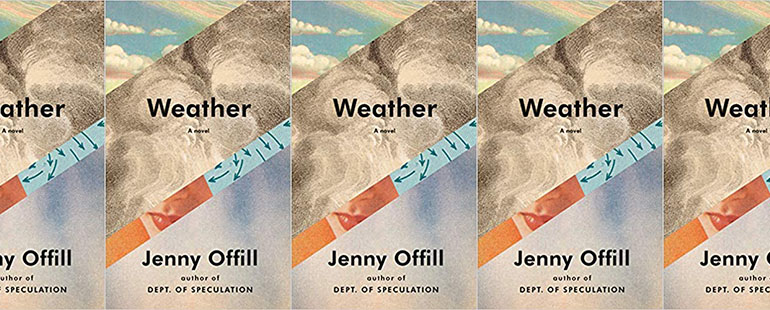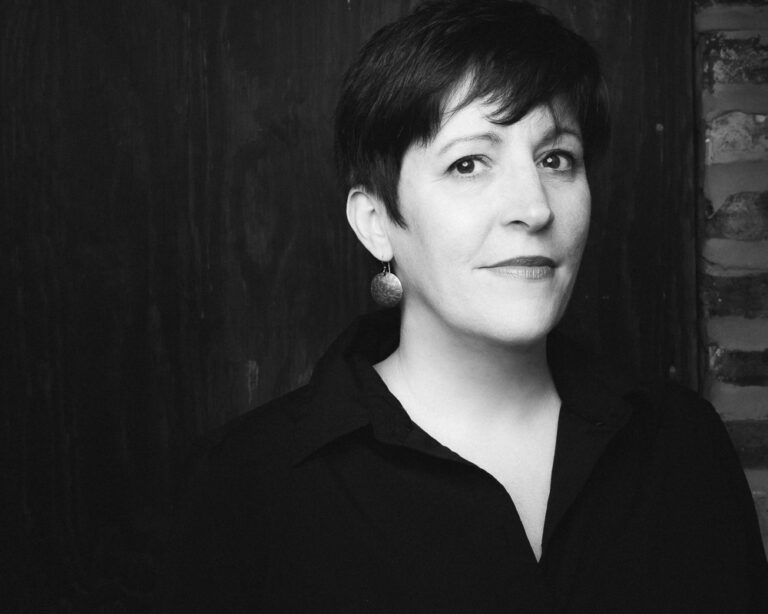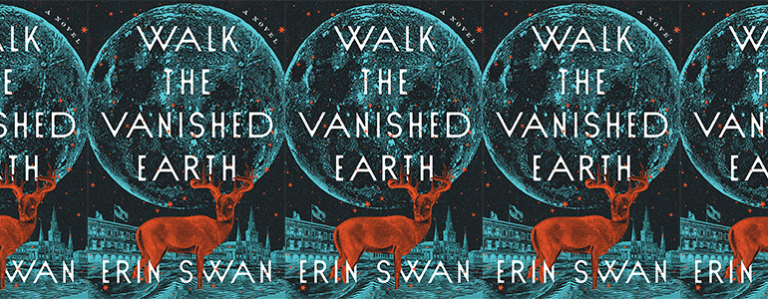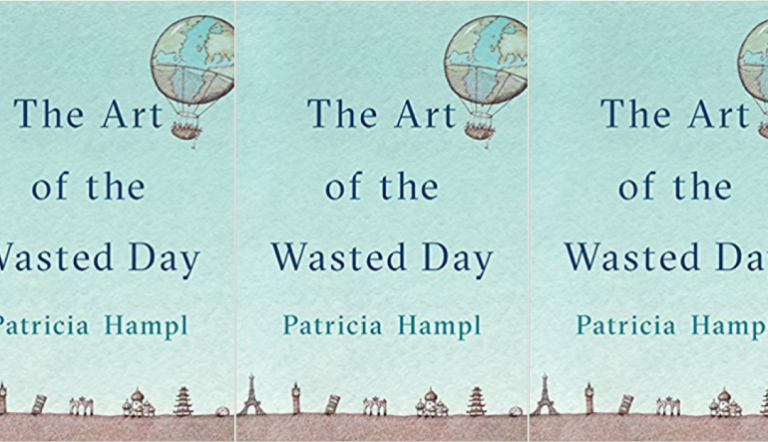Weather by Jenny Offill

Weather
Jenny Offill
Knopf | February 11, 2020
“I keep wondering how we might channel all of this dread into action,” the narrator of Jenny Offill’s Weather writes. Lizzie, the acutely compassionate librarian at the center of Weather, is painfully attentive to her surroundings. From the first paragraph, we are dropped with scant context into the fragmented narration of a woman whose observations are a wrenching catalogue of concerns: for her son and her marriage, for her uninsured mother and brother with a drug addiction, and for numerous library patrons and far-ranging neighbors.
Throbbing underneath the complexities of these relationships is a preoccupation with climate apocalypse, doomsday preparations, systemic inequality, and the shifting political landscapes of the early-to-mid-2010’s United States in which the novel is set. When Lizzie’s old professor, Sylvia, enlists her to answer listener questions generated by her environmental podcast, “Hell and High Water,” Lizzie’s preoccupations become obsessions.
After researching “climate departure” (i.e., the predicted tipping point for when the earth’s climate will reach new and extreme heat records regularly), Lizzie begins to scout for land capable of supporting her young son and newborn niece in the coming decades—arable with a water source and access to a train line, high on a hill—only to be summarily disillusioned: “Do you really think you can protect them in 2047?” Sylvia asks over dinner. Lizzie is silent. “Then become rich, very very rich,” Sylvia suggests.
Weather is a must-read addition to the growing ranks of climate fiction, a genre that accepts climate catastrophe as the unavoidable context within which all modern stories unfold. In recent years, cli-fi works have created a much-needed space for fresh perspectives on highly politicized problems of climate change. The genre is well on its way to becoming mainstream—a reality environmental writer Robert Macfarlane, who fifteen short years ago asked, “Where is the literature of climate change?” would have found difficult to imagine.
Yet Weather, idiosyncratic and relentless, refuses to offer pat answers or to cash in on polarizing stereotypes. Lizzie is incensed by vegetarians, laughs at a student who tells her that failure to address climate change is not an option, and mocks “drab hippies.” She’s an unlikely, but perhaps highly realistic, beacon for anyone worried or affected by the divisions—between rich and poor, left and right, profit and health, human and nature—plaguing our planet. Lizzie’s complexity reminds us: all you have to be to care about the world around you is human.
Through Lizzie’s thoughts and observations, Weather invites us to consider an unusually expansive perspective on our relationship to the rest of the planet: “The only reason we think humans are the height of evolution is that we have chosen to privilege certain things above other things,” Sylvia lectures. “For example, if we privileged the sense of smell, dogs would be deemed more evolved…If we privileged longevity, it would be bristlecone pines.” This type of birds-eye-view sweeps through the novel, jarringly woven into everyday anecdotes to stop you in your tracks again and again as the interconnectedness of our world is laid bare in your hands.
Though Lizzie lives locally—tethered to her home by bonds of love, obligation, and worry—a global consciousness permeates the pages of Weather; in constantly rippling circles, the far-flung world inundates Lizzie’s life. From conversations with Iranian refugees and an almost-affair with a French-Canadian war correspondent to a fundraising dinner with the kings of Silicon Valley, Weather probes both our global environmental catastrophe and the uniquely American system that it is wrapped up in. For example, Lizzie tells the story of her mother, who lives on a fixed-income, driving four hours to go to a university dental clinic. So many people come each day that the clinic has a lottery system to see, “who gets to have their pain taken away—America is the name of this place where you can win big,” Lizzie quips, though it’s clear she’s not laughing. The corollary remains unspoken: to win big is to risk losing big, and nothing is without a cost.
In turn chilling, comforting, and funny, Weather is exhibit A for Haruki Murakami’s argument that, “The purpose of a story is to sound an alarm, to keep a light trained on The System in order to prevent it from tangling our souls in its web and demeaning them…it is the novelist’s job to clarify the uniqueness of each individual soul by writing stories.” Offill’s close lens does just that. Reading like entries in a personal notebook, Weather’s finely-wrought paragraphs are a collection of portraits, of individual truths and national anguish, curated by a quietly unravelling woman: “Young person worry: what if nothing I do matters?” Lizzie muses. “Old person worry: what if everything I do does?”
Though Lizzie doesn’t quite figure out how to channel dread into conclusive action, maybe that’s the point: in an entangled human life there is no final resolution, impending apocalypse or not. At the end of the book, Lizzie is in bed with her husband, starting awake to the sound of gunshots that turn out to be walnuts dropping onto the roof. “Roses are red, violets are blue, I feel less dread, when I am with you,” she writes. Lizzie pinpoints an essential condition for the transmogrification of dread: embrace your entanglements. Underneath the pain and confusion that result from our interconnectedness—to our people, our country, and our planet—is our “core delusion: that I am here and you are there.” In living with Lizzie for a time, we are able to question this delusion, and to imagine what discarding it might do for our world.


